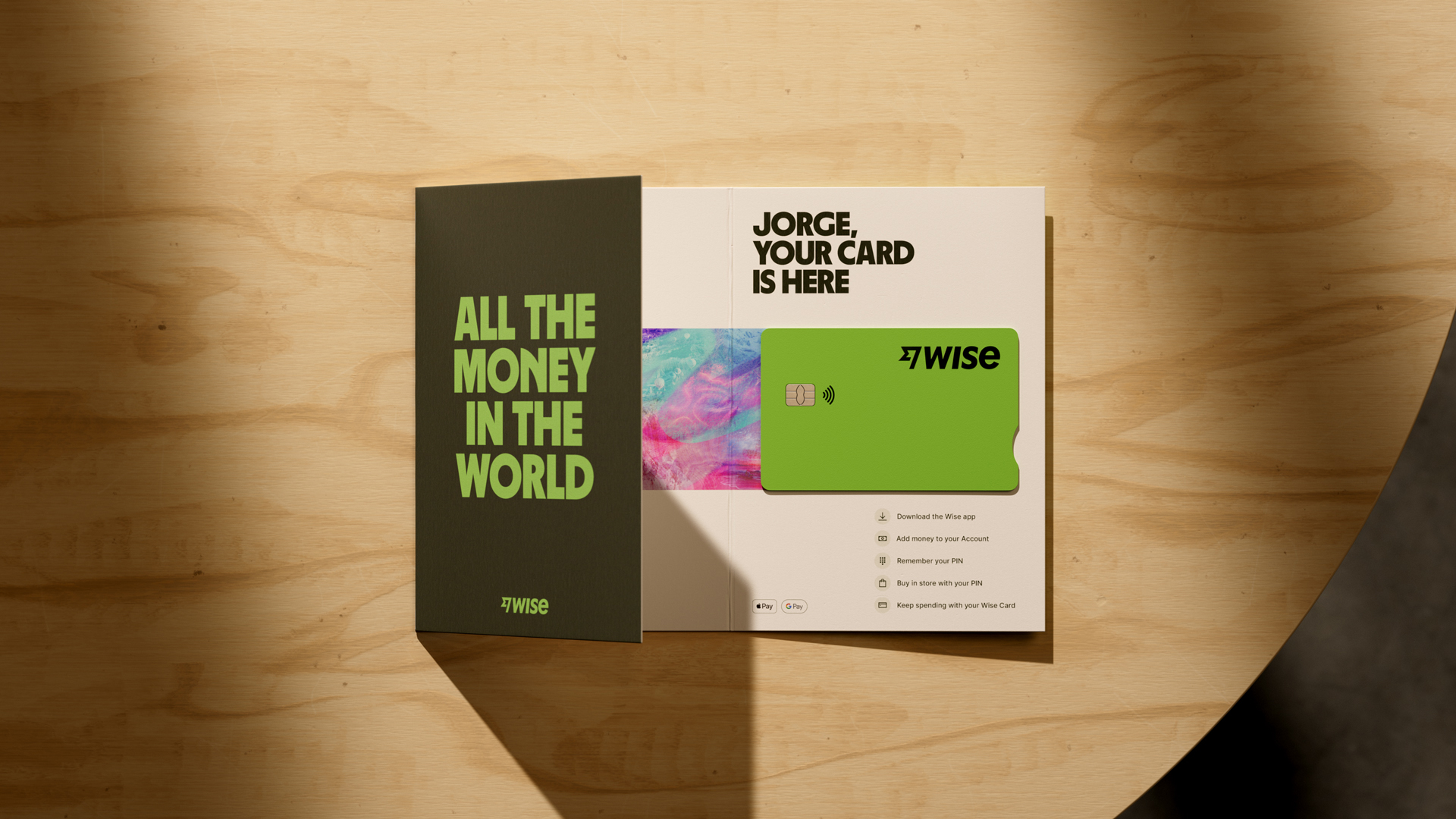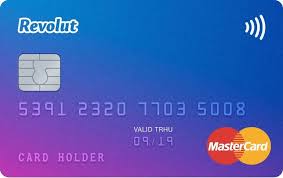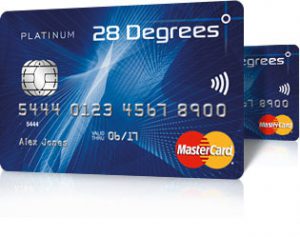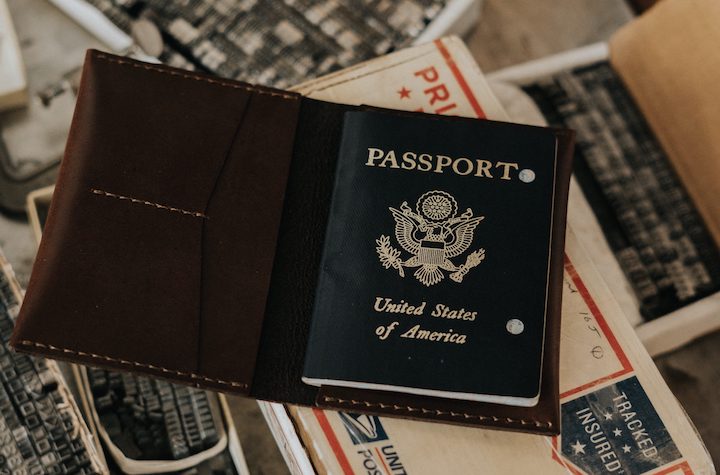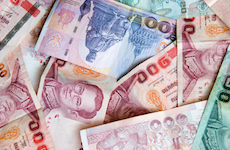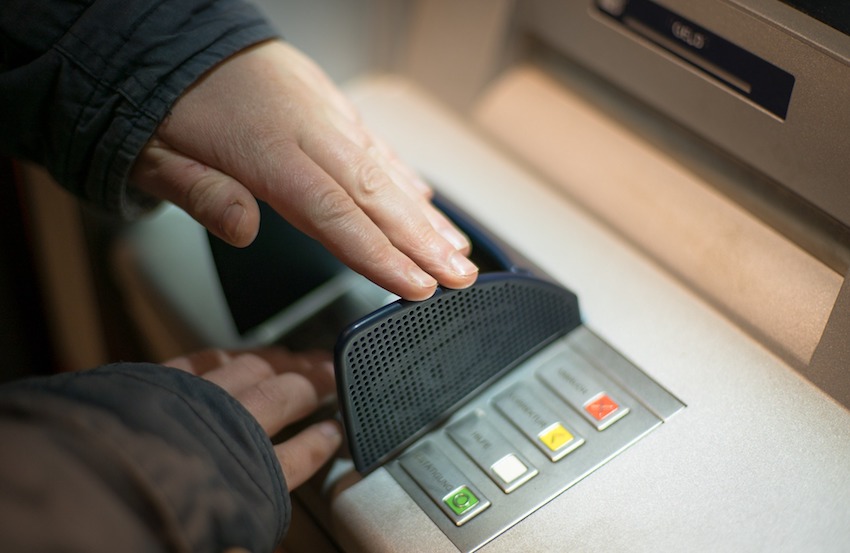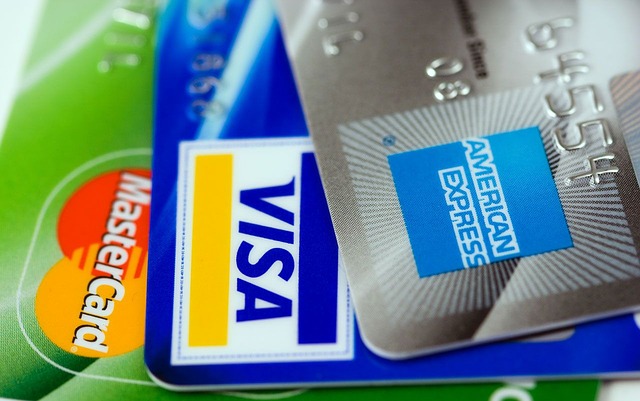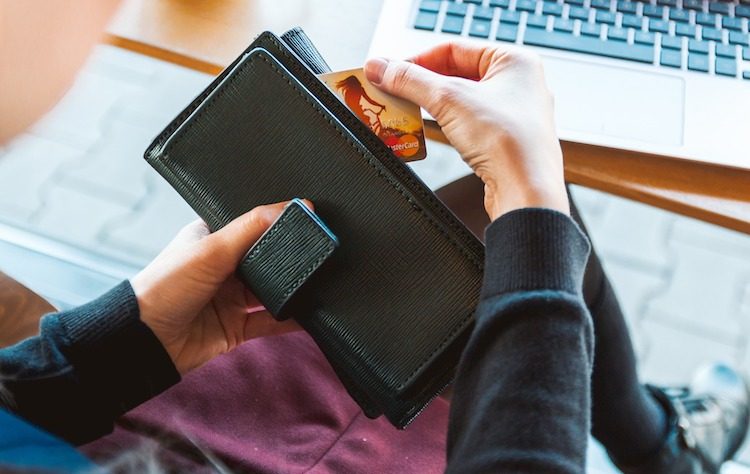The 3 Best Travel Cards For Australians to Use in Thailand
Thailand is a super popular year round destination for Australians looking for great food, fascinating culture, nature and beaches. If you’re heading off to Thailand you’ll need to think in advance about how to pay for things while you’re there. While you might be able to pay by card in Thailand in a restaurant, tourist hotel, or in a big shop, cards aren’t universally accepted, so it’s essential to have some Thai baht cash too.
Not sure how to sort out your Thai travel money? Join us as we compare the 6 best travel cards for Thailand, for spending and ATM withdrawals, and present their main features, pros and cons.

Wise debit card - our pick for travel debit card for Thailand
With the Wise card:
- Convert Aussie dollars to Thai baht at the mid-market exchange rate
- It's very easy to set up and order
- You can receive foreign currency into a multi-currency account linked to the card
- You can transfer money to a bank account overseas
It's not all good news though
- There is a 2% ATM withdrawal fee when you withdraw over $350 during a month
- It takes 7-14 days for delivery
Click here to see the full list of cards and how Wise compares
What are different types of travel cards?
If you'd rather not cash while you're travelling, you might be wondering what the best cards to use in Thailand are.
The best card will really depend on what you want to get from the card.
In this article we list, what we think are, the best prepaid, debit and credit cards to use overseas.
They can be either prepaid, debit or credit cards designed specially for overseas use. You can use travel cards to make purchases online, in stores and to withdraw money at ATMs. There are 3 popular types:
Let's have a look at each one.
Travel Debit Cards
Debit Cards offer the convenience of a credit card, but work differently. They draw money directly from your bank account when you make a purchase. It's designed for everyday money transactions and means that you're not accumulating debt.
A debit card could make you stick to your travel budget, because you can't overdraw money from your account. And for daily purchases, we think a debit card can help you stick to your travel budget, because you can't overdraw money from your account.
Generally, we recommend having the combination of a travel debit and travel credit card for safety, flexibility and convenience on your trip.
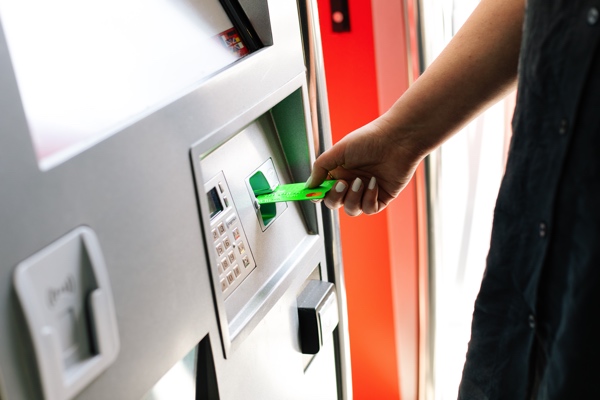
Wise - travel debit card for Thailand
- No annual fee, hidden transaction fees, exchange rate markups
- No minimum balance requirements
- Allows you to make payments and withdrawals wherever you are in the world in over 40 currencies
- Local bank account details in Australia (AUD), the UK (GBP), the USA (USD), Europe (EUR) and New Zealand (NZD)
- It takes 7-14 business days to receive the card
- Can't always access local technical support depending on where you are
- Free cash withdrawals limited to under $350 every 30 days
- Only currently available in the US, UK, Europe, Australia and New Zealand
Prepaid Travel Cards
For prepaid cards, you're able to load the card with a set amount of money in the currencies you need. Ideally you do this before your trip, but often you can reload them as well.
Most prepaid travel cards allow for multiple currencies to be loaded onto the card. So it's important to know what currency you'll be using on your travels. Airlines also offer prepaid cards so the money you spend can earn you reward points.
With prepaid travel cards you need to be careful. They can have numerous fees and charges, which can make it more expensive than other options. But if you're organised and travelling to multiple cities a prepaid travel card is a good option.
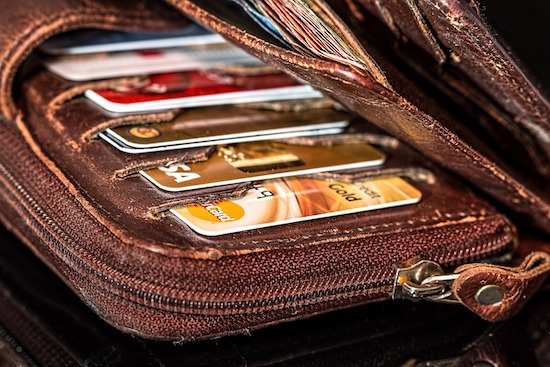
Revolut - prepaid travel card for Thailand
With this card:
- No purchase fee, load fee, reload fee, exchange rate margin or minimum balance requirements
- Unlike other Travel Cards, its free and easy to use the balance of your currency or convert it back to AUD
- Mid-market exchange rate, they add a mark-up for currency conversion during weekends
It's not all good news though
- For the free Standard account, there is a 2% ATM withdrawal fee when you withdraw over $350 during a month
- The premium account costs $10.99 a month, which can really add up if you are not using it often
Click here to see the full list of cards and how Revolut compares
- Very easy to use app
- Free to set up
- No hidden fees or exchange rate mark-ups (except on weekends)
- You can use it to transfer money to a bank account overseas
- Additional fees for using the card on a weekend
- 2% ATM fee once you withdraw more than $350 in any 30 day period
- 3-4 business days before you receive your card
- Ongoing subscription fee for Premium and Metal cards
Travel Credit Cards
Credit cards have obviously been around for a long time. But now there are specialised travel credit cards. Generally, these cards give you longer to pay back what you've spent but the interest rates after this time can be quite high.
The main advantage with credit cards are the reward points you get in return for your customer loyalty when you spend. But it only works if you pay off the balance in full each month.
Credit cards are great to use for car hire, restaurants and accommodation - larger expenses that are easier for you to pay back over time. Some services only take credit cards to hold purchases so they can definitely be handy while you're travelling.
28 Degrees - travel credit card for Thailand
With this card:
- There are no annual fees
- No overseas purchase fee or currency conversion fee
- You get 55 days interest free on purchases
- Access to free 24/7 concierge service
- Emergency card replacement worldwide
The 28 Degrees Platinum Mastercard has additional benefits including shoppers and repayments benefits cover.
- Can have 9 additional cardholders
- No overseas purchase fee, or currency conversion fee
- No foreign transaction fee
- Free Replacement Card
- High interest rates after the initial 55 days
- Minimum credit limit is $6,000
- No introductory offers or rewards
FAQ - 3 best travel cards for Thailand
Which card is better to use in Thailand?
There’s no single best card for use in Thailand - in fact, having several different ways to pay can make sense in case one card isn’t accepted by a particular merchant. Consider getting a travel credit card and a low cost travel debit card from a service like Wise or Revolut, to make sure you’ve always got an easy way to pay in THB.
What's the best prepaid card to use in Thailand?
Choosing a prepaid card which lets you hold a balance in THB can be a good way to budget for your trip, and can help keep costs down too. Compare a few cards to see which suits you best, including options with digital multi-currency features like Wise and Revolut.
Can I use an Australian debit card in Thailand?
Where cards are accepted you’ll be able to use your Australian debit card in Thailand, but it’s worth knowing that cash payments are still common, and card payments aren’t always an option. Carry some cash with you, and consider making ATM withdrawals locally with a specialist travel debit card to keep costs low.
What is the best way to pay for things in Thailand?
Card payments are not always accepted in Thailand, so having some Thai baht in cash is essential. Carrying several payment methods is a smart plan - such as some cash and a debit card or credit card - so you’ll always be able to pay conveniently.
Which debit card has no fees in Thailand?
Different card providers have their own fees - and foreign currency spending may mean paying extra if your bank adds a foreign transaction fee to your purchase cost. Consider getting a specialist travel debit card, such as the Wise card or a card and account from Revolut, to hold and spend a THB balance with no extra fees to pay.
Is Visa or Mastercard better for Thailand?
Card payments aren’t always available in Thailand - but where they are, the chances are that both Visa and Mastercard cards can be used. Look out for your card’s logo near the payment terminal and on ATMs.
How can I avoid transaction fees in Thailand?
Choose a no foreign transaction fee debit or credit card to keep down the costs of spending in Thailand. If you have a multi-currency account from a provider like Wise or Revolut you could convert your AUD to THB seamlessly online or in an app, to spend with no foreign transaction fee while you’re away.
Need to know more about travelling to Thailand?

